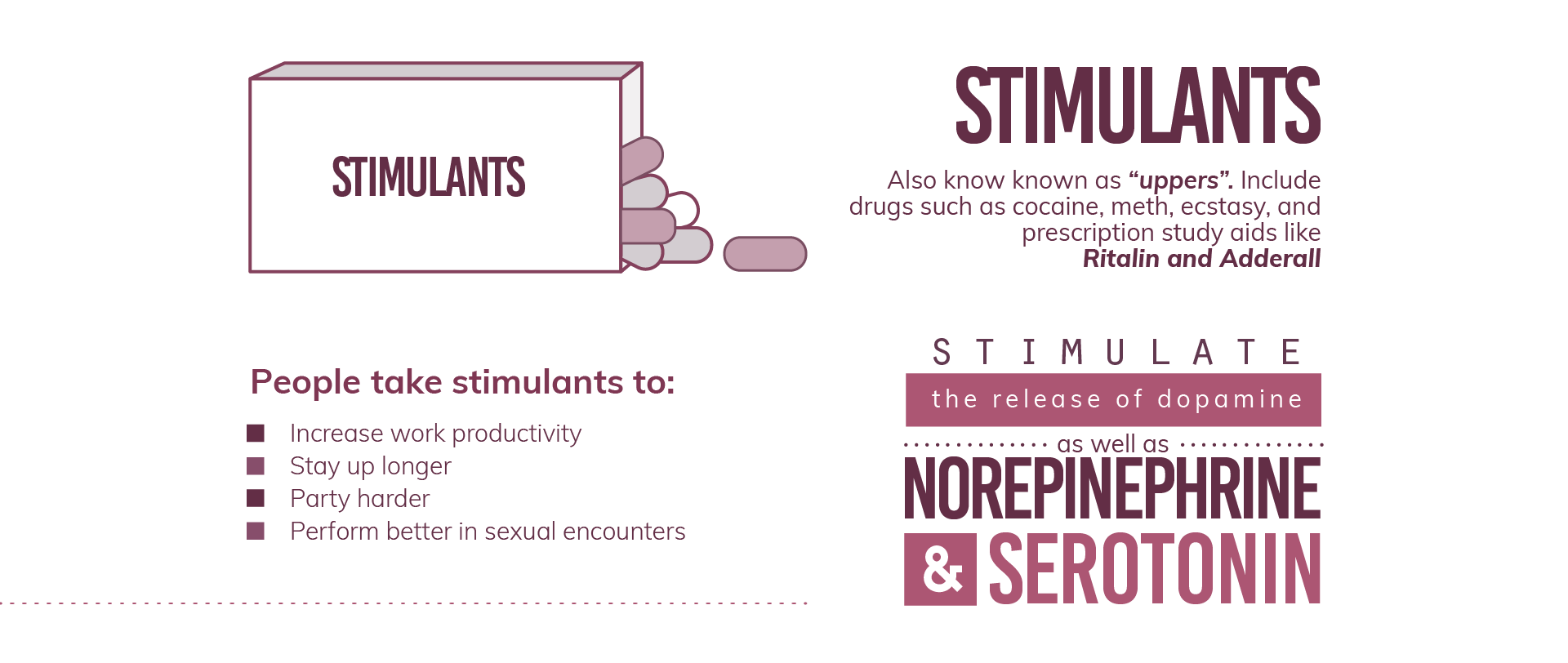Rehab is defined as repair of a handicapped person to self-sufficiency or maximal possible functional self-reliance. An inpatient rehab program uses an inter-disciplinary collaborated team technique that involves a minimum of 3 (3) hours rehab services daily. These services might consist of physical treatment, occupational treatment, speech treatment, cognitive treatment, respiratory therapy, psychology services, prosthetic/orthotic services, or a mix thereof.
Intense inpatient rehab is required when an individual's medical status is such that the strength of services required might not fairly be offered in an alternative setting (subacute facility or outpatient rehab department). Examples of conditions needing intense inpatient rehab consist of, but are not limited to, individuals with substantial functional impairments related to stroke, spine injuries, gotten brain injuries, major injury and burns.
Individual has a new (severe) medical condition or a severe worsening of a chronic condition that has resulted in a substantial decrease in practical ability such that they can not adequately recuperate in a less intensive setting; AND2. what is vocational rehab. Individual's total medical condition and medical requirements either identify a danger for medical instability or a requirement for doctor and other workers involvement usually not offered outside the health center inpatient setting; AND3.
Individual is clinically stable enough to no longer need the services of a medical/surgical inpatient setting; ANDThe person can actively taking part in a rehabilitation program, as evidenced by a psychological status showing responsiveness to spoken, visual, and/or tactile stimuli and ability to follow easy commands. For extra info concerning cognitive status, please refer to the Rancho Los Amigos Cognitive Scale; AND5 (how to get someone into rehab without insurance).
Individual is anticipated to reveal quantifiable practical improvement within an optimum of 7 (7) to fourteen https://what-type-of-drug-is-cocaine.drug-rehab-fl-resource.com/ (14) days (depending upon the underlying diagnosis/medical condition) of admission to the inpatient rehab program; AND7. The necessary rehab services will be recommended by a physician, and require close medical supervision and knowledgeable nursing care with the 24-hour accessibility of a nurse and physician who are skilled in the location of rehabilitation medicine; ANDTherapy consists of discharge plan - what is acute rehab.

Furthermore, the specific must have no long lasting or major treatment obstacle that avoids development. (For example severe dementia). To learn more about Medicare, visit www. medicare.gov, or call1-800-MEDICARE (1-800-633-4227). TTY users must call 1-877-486-2048. [/fusion_text] [/fusion_builder_column] [/fusion_builder_row] [/fusion_builder_container].
Rumored Buzz on How To Rehab A Pulled Hamstring
Your doctor might advise entering into rehabilitation after discharge from the healthcare facility. That suggests that prior to going house, you'll remain for a period of time at a facility where you will take part in a physical rehab program that can help you regain strength, movement, and other physical and cognitive functions.
sub-acute care intense care The nationwide typical length of time invested at an experienced nursing facility rehabilitation is 28 days. The nationwide typical length of time spent at an intense inpatient rehabilitation health center is 16 days. In a competent nursing facility you'll receive several treatments for approximately one to two hours per day.
The treatments are ruled out intensive. In an intense inpatient rehabilitation hospital you'll receive a minimum of 3 hours per day, 5 days a week, of intensive physical, occupational, and speech therapy. Your therapy is offered by rehabilitation specialists who integrate innovative technologies and approaches into your routine. A going to doctor provides an extensive preliminary evaluation within thirty days of your admission into an experienced nursing center.
Physician care is supplied 24 hr a day, 7 days a week. A rehab doctor will visit you at least three times each week to evaluate your objectives and progress. A registered nurse is required to be in the Alcohol Rehab Facility building and on responsibility for eight hours a day. More often, clients are seen by certified nurse assistants.
The nurse-to-patient ratio is one nurse aide to 20 to 30 patients. Nursing care is provided 24 hr a day, seven days a week, by registered nurses in addition to Qualified Rehabilitation Registered Nurses (CRRN). The nurse-to-patient ratio is one nurse to 6 or seven patients (how much does inpatient rehab cost). In addition to a regular monthly go to from a participating in doctor, you might receive additional check outs from a physician assistant, nurse professional, or medical nurse specialist - how to become a cardiac rehab specialist.
Your extremely trained, multidisciplinary individual rehabilitation team, consisting of rehab doctors, internal medicine doctors, nurses, therapists, care supervisors, dietitians, psychologists and member of the family, work together to assist identify goals and the very best customized treatment methods for you. Proficient nursing facility Bryn Mawr Rehabilitation Hospital Come see if Bryn Mawr Rehab is right for you.